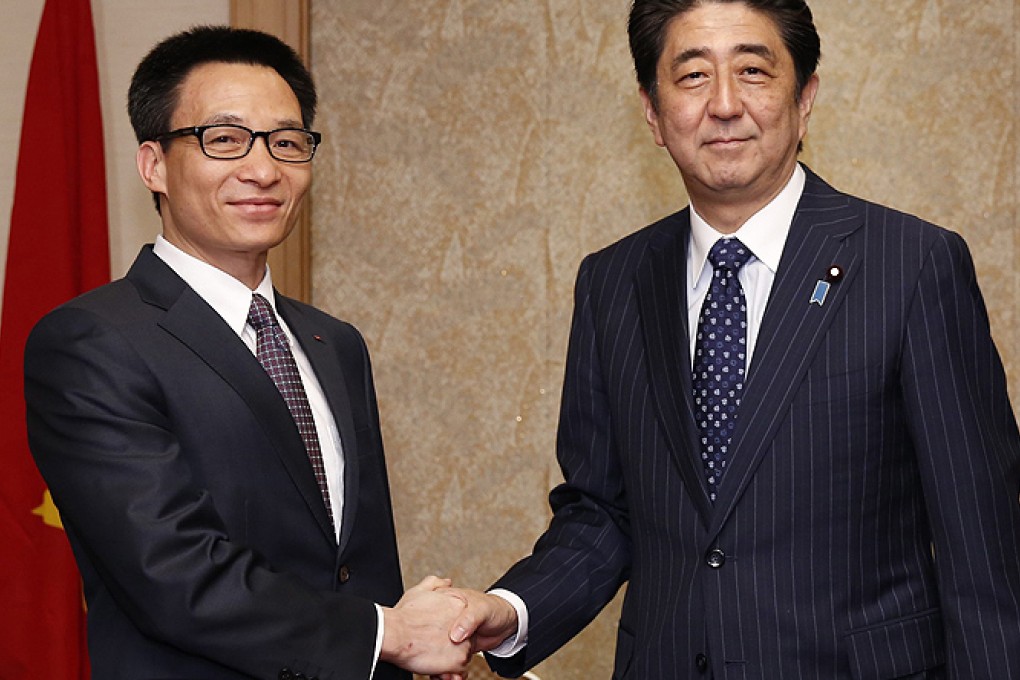China should accept India and Japan playing a bigger role in Asian security
Yuriko Koike says from elections to gas deals, recent events may well shape the region's future

A week, it is said, is a long time in politics. But events in Asia last week may define the region for decades to come.
Thailand, one of Asia's most prosperous countries, seems determined to render itself a basket case. A military coup, imposed following the Thai constitutional court's ouster of an elected government, can lead only to an artificial peace which may give way to a more dangerous storm.
To Thailand's east, Vietnam is the latest Asian country to feel pinched by China's policy of creating facts on the ground, or in this case at sea, to enhance its sovereignty claims on disputed territory. Vietnam's government reacted vigorously to China's placement of a huge, exploratory oil rig near the disputed Paracel Islands in the South China Sea. Ordinary Vietnamese reacted even more vigorously, by rioting and targeting Chinese industrial investments for attack.
China's unilateral behaviour has exposed a strain of virulent anti-Chinese sentiment bubbling beneath the surface in many Asian countries. Renewed protests over China's mining investments in Myanmar confirmed this trend, one that China's leaders seem either to dismiss as trivial, or to regard as somehow unrelated to their bullying. Indeed, like Russian President Vladimir Putin, who faces widespread public antipathy in Ukraine, China's leaders appear to believe that popular protests against them can only be the product of an American plot.
Yet, despite their shared contempt for expressions of the popular will, Chinese President Xi Jinping and Putin struggled, during Putin's two-day visit to Shanghai, to agree on a new gas deal that the Kremlin desperately needs. Putin had viewed China as his backup option should the West seek to isolate Russia following its annexation of Crimea. Putin's idea was that he could pivot Russia's economy into a partnership with China.
But Xi baulked, signing the gas agreement only after Putin offered a steep discount. Xi's self-confidence reflected not only the Chinese leadership's contempt for Putin's mismanagement of the Russian economy, but also the fact that China's energy worries have lessened considerably of late.
China's hard bargaining with Russia has exposed the limits of the two countries' bilateral cooperation, which has important geostrategic consequences for Asia and the world. China, it now seems, is happy to see Putin poke his finger in the West's eye and challenge America's global leadership. But it is not willing to underwrite with hard cash Russian pretensions to world power status.